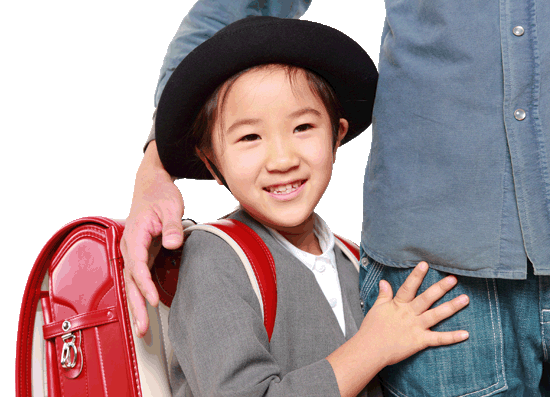MAKING A CONNECTION THROUGH DNA

Internationally adopted children being matched and connected to their siblings by DNA testing have been all over the news and adoption listserves over the last year or so. With the way that gene technology is constantly improving, it is possible for more and more sibling matches to be made.
That was one of the reasons that extensive research was done to form Kinsearch Registry, a nonprofit 501(e)3 organization over a year ago. For well over a year, the founders consulted with some of the top experts in law, genetic research, bioethics, academia, social work, foreign relations, and adoption. These professionals gave of their time, knowledge and experience to help make sure the technology was advanced enough and at the right place to have a meaningful database that can actually work. They also made sure that the Laboratory that was chosen would be the best one available. Both they and Orchid assured Kinsearch that sibling testing and matching, even without the DNA of a parent, is now accurate enough to provide sufficiently reliable results.
The actual testing of DNA of two individuals can show if they are full siblings, half-siblings, or not related. However, sibship testing can still have inconclusive results. When the percentage of probability in a match is low, an additional test called Mitocondial sequencing can be done if the parents choose to. This test will determine, with 100% reliability, if the children share the same mother. This test does not show if they share the same father.
One of the most important things that we felt was needed was to have a support network for families undergoing decisions after a match is made to determine what is right for them. Some of the people on our Advisory Board have already gone through matches and sibling reunions with their own children and know first-hand, the steps it took from the matching process to the children meeting, to continued contact. They will help others process fears, hopes, anxieties and thrills. We also have adoption specialists, psychologists, social workers, therapists and other interested parties that want to help.
Another extremely important matter that Kinsearch is clear on is that Privacy is an absolute necessity. No one at the lab will know the identity of whose DNA test swabs have been put into the database. No other members of the database will ever know anyone else that’s in the database unless a match is found and the two parties are then contacted. And even at that time, both parties will still have the choice to agree to connect with the other family or not. At that point, if both agree, then and only then will the identities of those two families be known…. but only to them.
There are so many controversial and emotionally struggling issues and we have built the program to be able to assist families to work through them. One of course is whether or not you make the choice for your child to test now or wait until they are adults and can do it for themselves. This decision is the parent’s choice to make and it depends on their individual comfort level. Even if you entered your child’s DNA into a Registry and your child was matched, it would be your choice, at that point, to use or not use the information that you receive. Each family has to determine what is best for them selves. If you choose not to enter a Registry, once your child becomes an adult, they may enter one on their own. If you do enter one now, once your child becomes an adult, it would then be their decision and their decision alone to make a choice to stay in the Registry or not.
Another often talked about comment that is being made is that searching for and possibly finding biological siblings may send a message to a child that a bio-family is stronger and more important than an adoptive family. This is not what is intended and could not be further from the truth, but it is a real concern to some people. Parents with children that have already been matched will tell you how it has affected their families but in no way lessened the love or respect within their own family structure but added a new dimension to it.
There are years worth of archives and current posts on the adult Korean Adoptees listserves and many of the adult adoptees have gotten their records from their adoption agencies and used a number of search facilities in Seoul to find any remaining biological relatives. However, we have read many heart retching stories from these same adult adoptees that said that once they searched as an adult, they sometimes found that their biological birthparents/siblings/relatives were no longer alive. This has been devastating to many of these adult adoptees to find out that their choice to know their biological family was now gone forever. This is something to consider while our children are still young.
The Medical Aspects of DNA testing is so far reaching for the health and welfare of our children should they ever need a bone marrow transplant or other medical treatment that only a sibling or parent could possibly provide. No one wants to imagine that our children could ever need that type of medical help, but it does happen and some of it has happened on our own adoption lists. If there was a way to help just one child with a bone marrow transplant or other life saving method by finding a sibling through DNA testing within a database, than we’ve served a greater good.
The greater the number of participants in the Registry, the greater the chance of finding a sibling match.
